How to choose the Ideal Patio door for your home.
How to choose the Ideal Patio door for your home? Enjoy your home even more by adding more natural light and improving your access to your outdoor living areas by
Mon-Friday 08:00-17:00,
Sat 10:00- 16:00, Sun Appointment Only
While choosing a new window, it is important to think about the type of window glass.
There are various windows glass types to choose from, and all come with their own unique properties.
In this article, we will be taking a look at all the types of window glass available, so that you can make correct decision on the glass, which will be most suitable for your home.
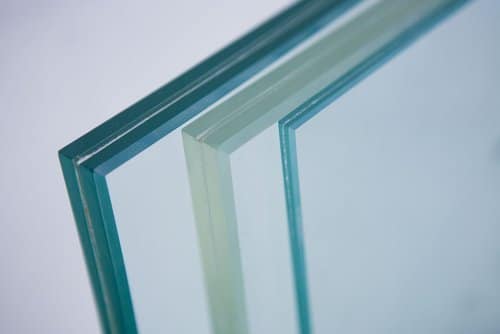
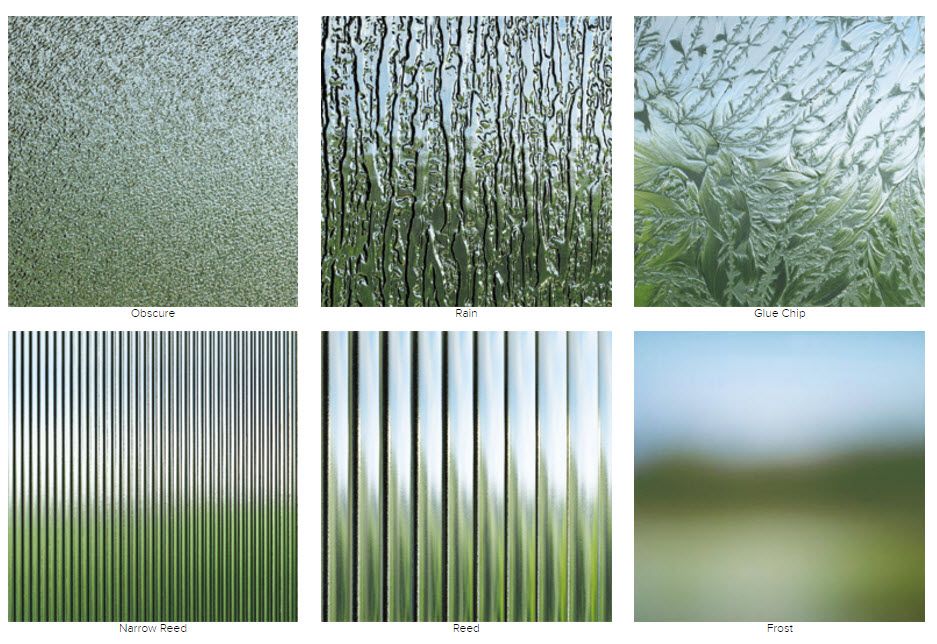
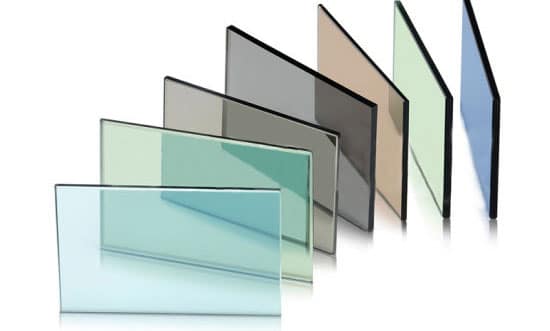
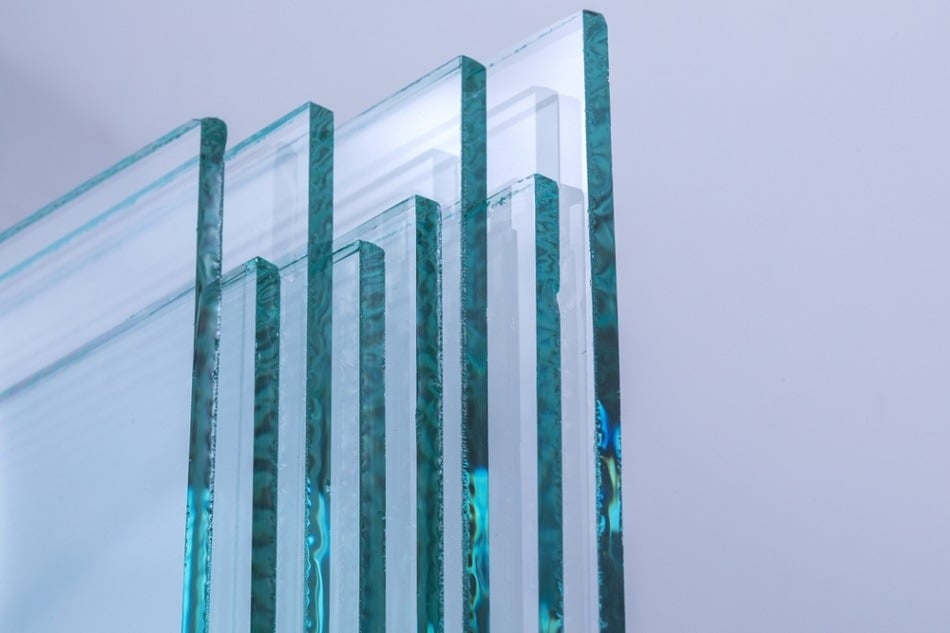


Typical applications include:
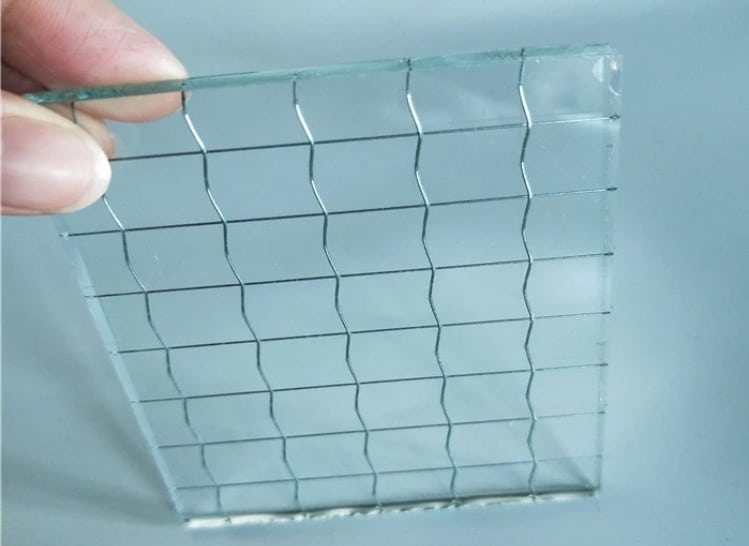


We specialize in providing a wide range of options to elevate your spaces, from frameless glass windows to stained glass panels. Our expertise extends to crafting custom frameless glass window seats, ensuring both comfort and style. Whether you’re looking to enhance your garden shed with a new glass window or replace existing shed window glass, we have you covered. Our inventory includes various window glass types to meet your specific needs, from standard replacements to specialty designs. Our team is dedicated to delivering top-notch products and services, including frameless glass roofs and seats, tailored to your preferences. Discover the beauty and functionality of frameless glass solutions for your home or business with us today!
No matter which type of glass you’re looking to have installed in your new windows, at Daylight Glazing you can choose your own style through our “Glass design option” on our website:
For further questions or quote, you can always call us on 020 8386 1545 or email us at info@daylightglazing.co.uk.
Get a quote for your Double glazing needs
Feel free to contact us anytime!! We are here to help you.
How to choose the Ideal Patio door for your home? Enjoy your home even more by adding more natural light and improving your access to your outdoor living areas by
Skylight Windows vs. Roof Windows: Choosing the Right Option for Your Home When it comes to the installation of skylight windows vs. roof windows we always wonder which one should
What is UPVC ? A complete Guide of UPVC Doors and Windows by Daylight Glazing! When buying a new door or window or replacement of doors and windows it is
Can you Paint UPVC Doors and Windows? A Complete Guide to Painting UPVC UPVC is widely used for doors and windows due to its durability, low maintenance, and cost-effectiveness. But
How Much Does it Cost to Build a Conservatory in London and Surrounding Areas? Are you thinking about adding a greenhouse to your home in Barnet, Borehamwood, Ashford, Staines, London,
The Ultimate Guide to Cleaning Aluminium Windows and Doors Aluminium windows and doors offer durability, style, and energy efficiency, making them a popular choice for modern homes and buildings. However,
A Guide to Finding the Perfect Windows or Replacement of Old Windows for your UK Home. In the world of home design, windows play a crucial role in shaping the
Precaution is Better than Cure : Don’t Let Rains Ruin Your Doors and Windows When the rainy season arrives, it brings with it a refreshing change from the scorching heat
Top 10 Game-Changing Benefits of Double Glazed Windows in your Home Renovation Home renovations are an exciting venture for homeowners, and one key aspect that often takes precedence is the
For homes, good window glass options include Low-E glass for energy efficiency, tempered glass for safety, and double or triple pane glass for enhanced insulation and noise reduction.
While there are no truly “unbreakable” windows, materials like polycarbonate and acrylic glass offer high resistance to breakage and are commonly used in applications prioritizing safety and security.
The cost of a standard glass window can vary widely depending on factors such as size, type of glass, frame material, and any additional features or customization options.
The best type of glass for a window depends on factors such as energy efficiency, safety, and privacy. Options like Low-E glass for energy efficiency, tempered glass for safety, and double or triple pane glass for insulation are commonly chosen for residential windows.
